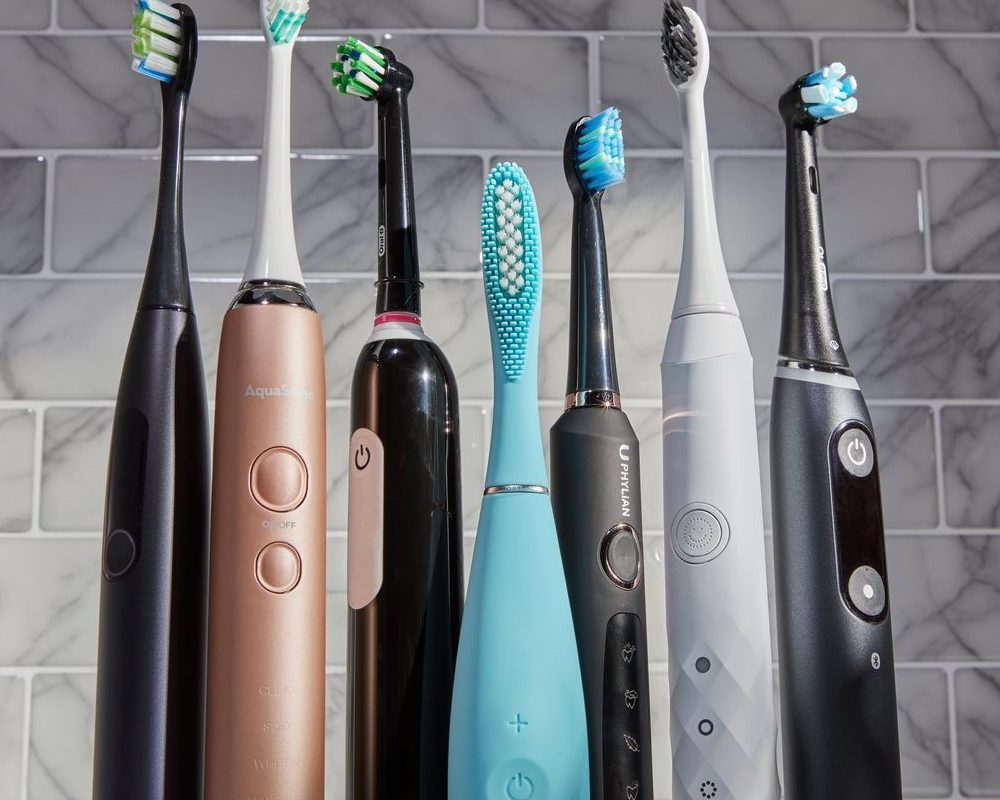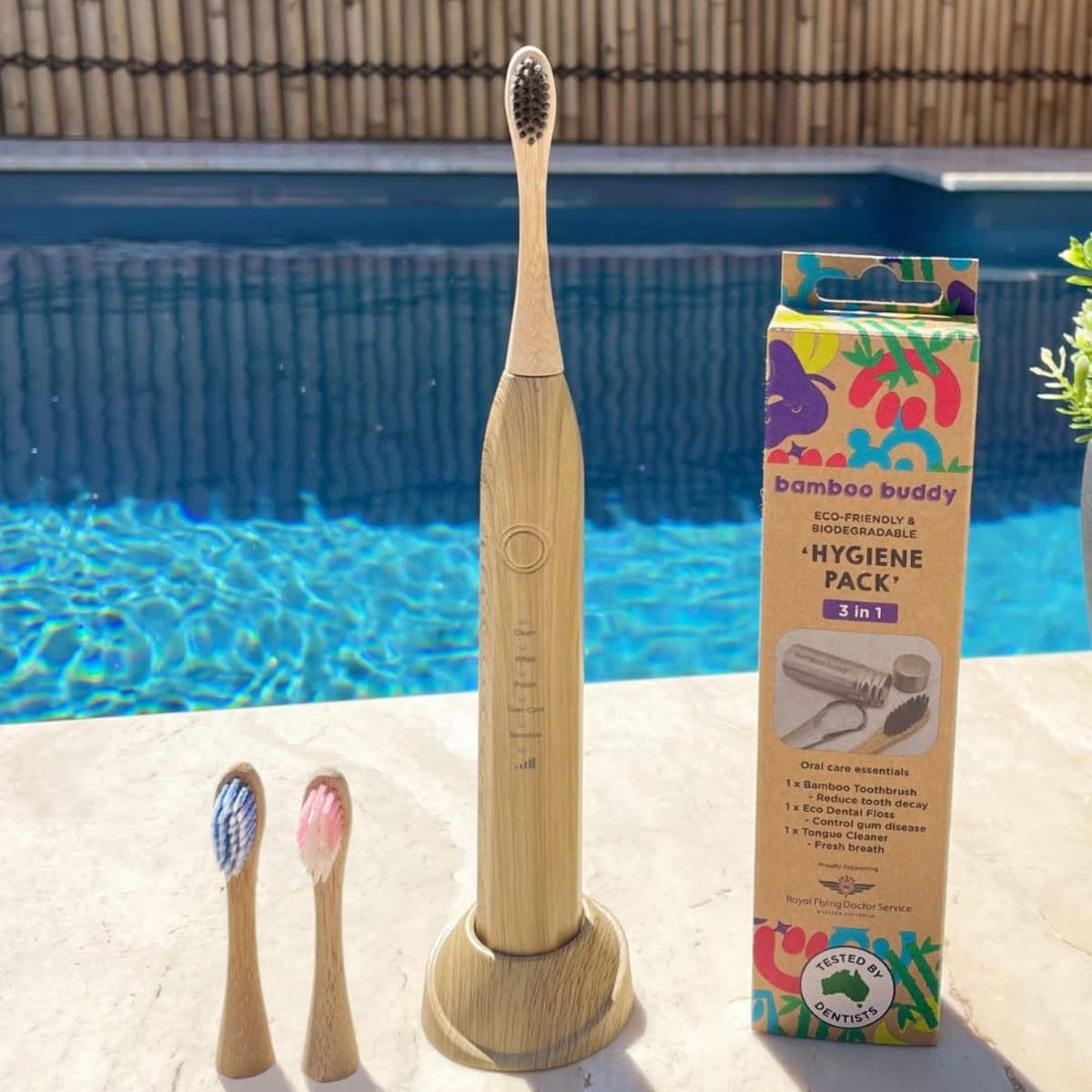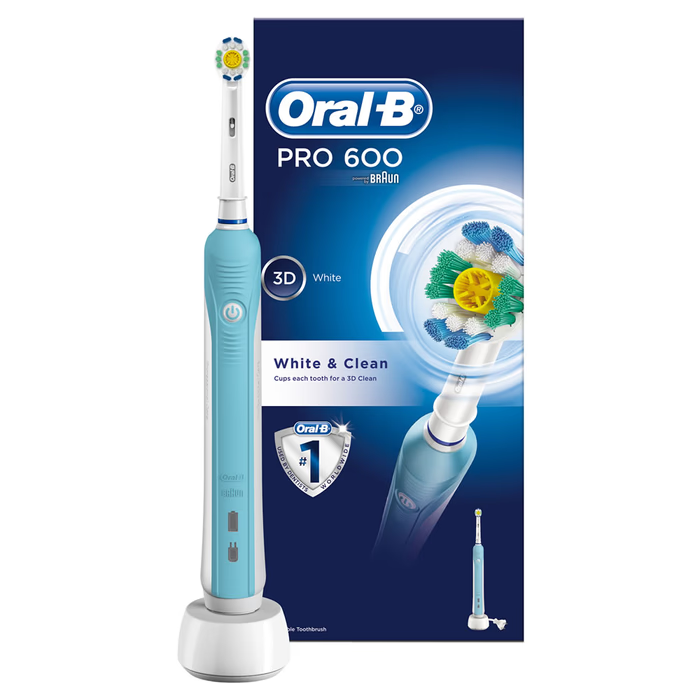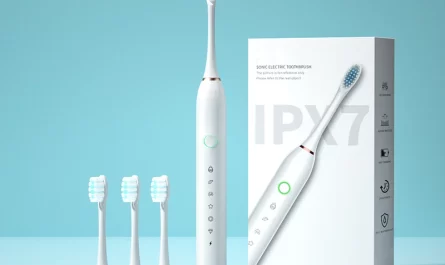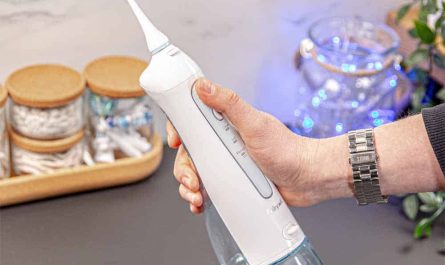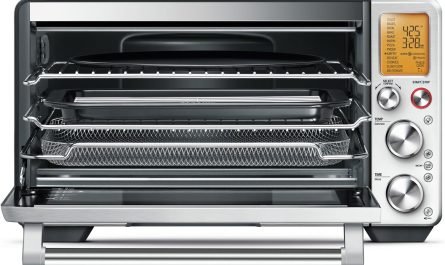Introduction
In today’s fast-paced world, dental health often takes a backseat to other priorities. However, the advent of technology in oral hygiene provides individuals with innovative solutions to maintain their dental well-being. One of the most prominent advancements in recent years has been the electric toothbrush. While many people sing its praises, extolling its numerous benefits, others express concerns regarding its effectiveness and practicality. In this comprehensive discussion, we will delve into the various advantages and disadvantages of electric toothbrushes to provide a well-rounded perspective on their role in oral care.
Advantages of Electric Toothbrushes
Enhanced Cleaning Efficiency
One of the primary advantages of electric toothbrushes lies in their superior cleaning efficiency. Thanks to their rapid oscillation and rotation, electric toothbrushes can deliver thousands of brush strokes per minute. This mechanical power allows them to remove plaque more effectively than traditional manual brushes.
Furthermore, studies have shown that individuals using electric toothbrushes often experience fewer gum problems and better overall oral health. The technology behind these brushes enables them to reach areas that manual brushing might miss, particularly hard-to-reach spots such as the back molars. Therefore, incorporating an electric toothbrush into your oral hygiene routine can lead to significantly better outcomes.
Built-In Timers
Another significant feature of electric toothbrushes is the built-in timers. Most electric models come equipped with a timer that ensures users brush for the recommended two minutes—a duration often overlooked when using a manual toothbrush.
Research indicates that proper brushing time is essential for effective plaque removal and cavity prevention. When individuals do not adhere to the two-minute timeframe, they may compromise their dental health over time. The timer in an electric toothbrush not only promotes better brushing habits but also provides peace of mind, allowing users to focus on technique rather than time management.
Pressure Sensors
Many modern electric toothbrushes come with built-in pressure sensors. These sensors alert users when they are brushing too hard, which is crucial because aggressive brushing can lead to enamel wear and receding gums.
By discouraging excessive pressure, electric toothbrushes help promote gentler brushing techniques that contribute to better gum health. Transitioning to an electric brush can be particularly beneficial for individuals who tend to brush vigorously, as it encourages more mindful brushing habits.
Different Brushing Modes
Electric toothbrushes often come with various brushing modes, accommodating individual needs and preferences. For example, users may choose between modes designed for sensitive teeth, gum care, whitening, or deep cleaning.
This versatility makes electric toothbrushes suitable for a broad spectrum of users, including individuals with specific dental concerns. As a result, these features help tailor the brushing experience to meet specific oral health needs.
Convenience and Ease of Use
Using an electric toothbrush can be more convenient for many individuals, especially those with limited dexterity. Transitioning from manual to electric can significantly benefit those suffering from conditions like arthritis or other mobility issues.
The automated motion of an electric brush minimizes the physical effort required, allowing users to maintain effective brushing without exerting much energy. This ease of use encourages more consistent brushing habits, ultimately contributing to better oral health over time.
Disadvantages of Electric Toothbrushes
Higher Initial Costs
While electric toothbrushes provide numerous benefits, they generally come with a higher price tag than traditional manual brushes. This initial investment can deter some individuals from making the switch.
Moreover, replacement heads for electric toothbrushes also incur additional costs; some users may find that continuous expenses outweigh the advantages they offer. Thus, individuals on a tight budget may prefer to stick with manual brushes, despite the potential oral health benefits of an electric option.
Complexity and Learning Curve
Transitioning to an electric toothbrush may present a learning curve for some users. With various modes, settings, and features, individuals might feel overwhelmed initially.
For instance, understanding the correct brushing technique and how to take full advantage of the device’s features can take time. Fortunately, most electric toothbrush manufacturers provide guidance, often through user manuals or websites. However, some users may still struggle before they become comfortable using the new tool effectively.
Dependence on Power Source
Electric toothbrushes require a power source, either batteries or rechargeable batteries, to function. This means that users need to consider battery replacements or charging time, which can be an inconvenience.
For individuals who travel frequently or have irregular schedules, ensuring their electric toothbrush is charged or has replacement batteries can become a hassle. In contrast, manual toothbrushes can be used at any time without concern for power, making them a more portable option.
Potential Over-Reliance
Another possible drawback of electric toothbrushes is the potential over-reliance on the technology itself. Because electric brushes simplify the brushing process, some users may neglect other important aspects of oral care, such as flossing and regular dental visits.
Relying solely on an electric toothbrush may lead to the misconception that they provide all the necessary dental care. It is essential to maintain a comprehensive oral hygiene routine that includes regular check-ups and the use of additional tools like dental floss for optimal health.
The Role of Electric Toothbrushes in Teeth Whitening
Whiter Smiles
Many electric toothbrushes offer whitening modes that focus on removing surface stains caused by coffee, tea, and other staining agents. The rapid brushing motion and specialized brushing patterns can help users achieve a brighter smile more efficiently.
However, it is worth noting that not every electric toothbrush guarantees whiter teeth. While some may be effective at polishing and removing the stains from the enamel surface, achieving noticeably whiter teeth often requires additional whitening treatments.
Complementary Tools
For individuals seeking whiter teeth, incorporating an electric toothbrush into a broader oral health regimen can prove beneficial. This means using whitening toothpaste and possibly professional whitening treatments to enhance results. Thus, while electric toothbrushes promote cleanliness, achieving a whiter smile often depends on a combination of efforts rather than relying solely on the brush alone.
Environmental Considerations
Resource Consumption
While electric toothbrushes offer many benefits, they also raise important environmental concerns. The production of electric toothbrushes and their accompanying plastic replacement heads contribute to waste.
Since many users regularly replace their toothbrush heads, the environmental impact can accumulate over time. This factor should compel consumers to weigh their options carefully, particularly those concerned about sustainability.
Recycling Challenges
Although some companies have introduced recycling programs for electric toothbrushes, the reality is that many users may find it difficult to dispose of their devices responsibly. While many manual toothbrushes are easier to recycle or compost, electric toothbrushes often face challenges due to their electronic components.
In light of this, individuals who prioritize eco-friendliness might opt for manual brushes or seek manufacturers that provide clear recycling options. It is essential to consider the environmental implications of your oral hygiene choices alongside the performance benefits of electric brushes.
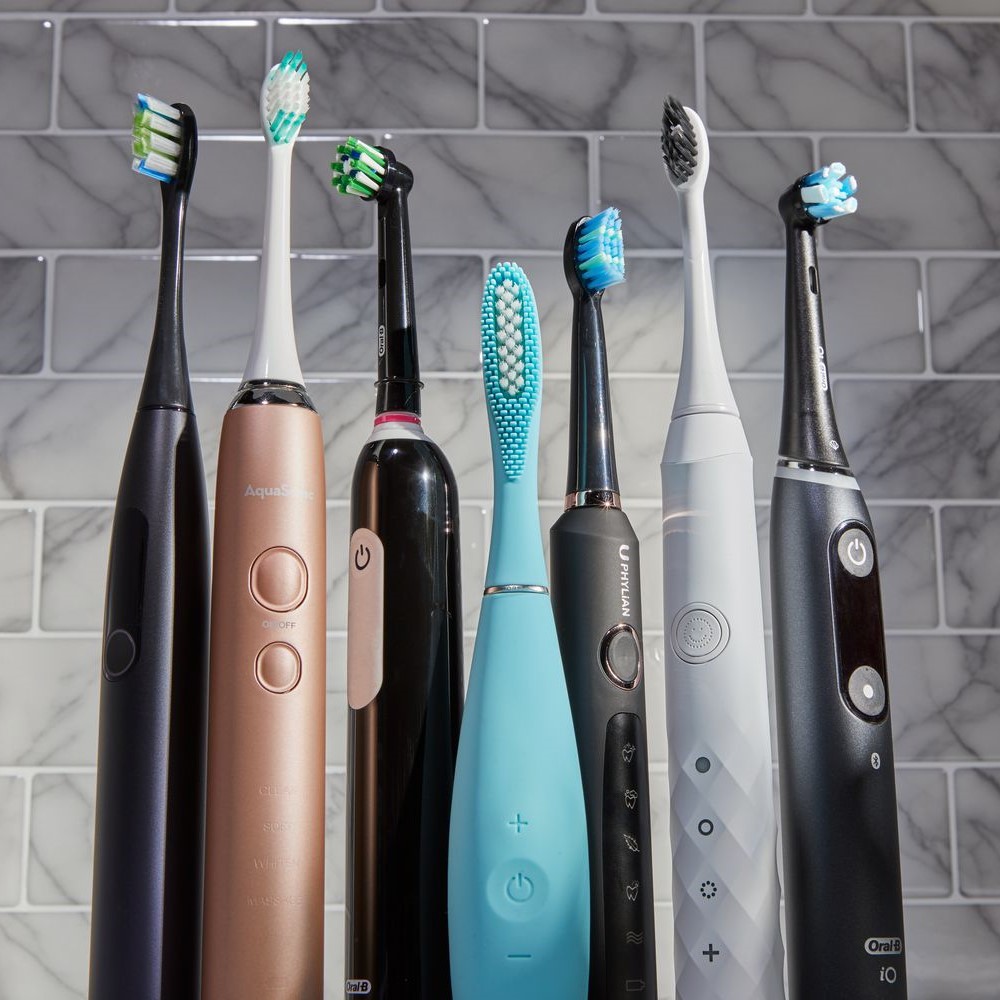 Conclusion
Conclusion
In summary, electric toothbrushes offer a wealth of advantages, including enhanced cleaning efficiency, built-in timers, pressure sensors, multiple modes, and ease of use. These features can significantly improve brushing habits and overall dental health. However, potential disadvantages, such as higher initial costs, complexity, dependency on power sources, and the risk of over-reliance, should not be overlooked. Additionally, environmental considerations and their role in teeth whitening create a comprehensive picture of their impact on oral care.
Understanding the electric toothbrush advantages and disadvantages helps consumers make informed choices about their dental hygiene products. Ultimately, the decision will depend on individual preferences, needs, and priorities. Balancing the innovations of electric toothbrushes with traditional oral care practices will likely yield the best outcomes for long-lasting smiles.

